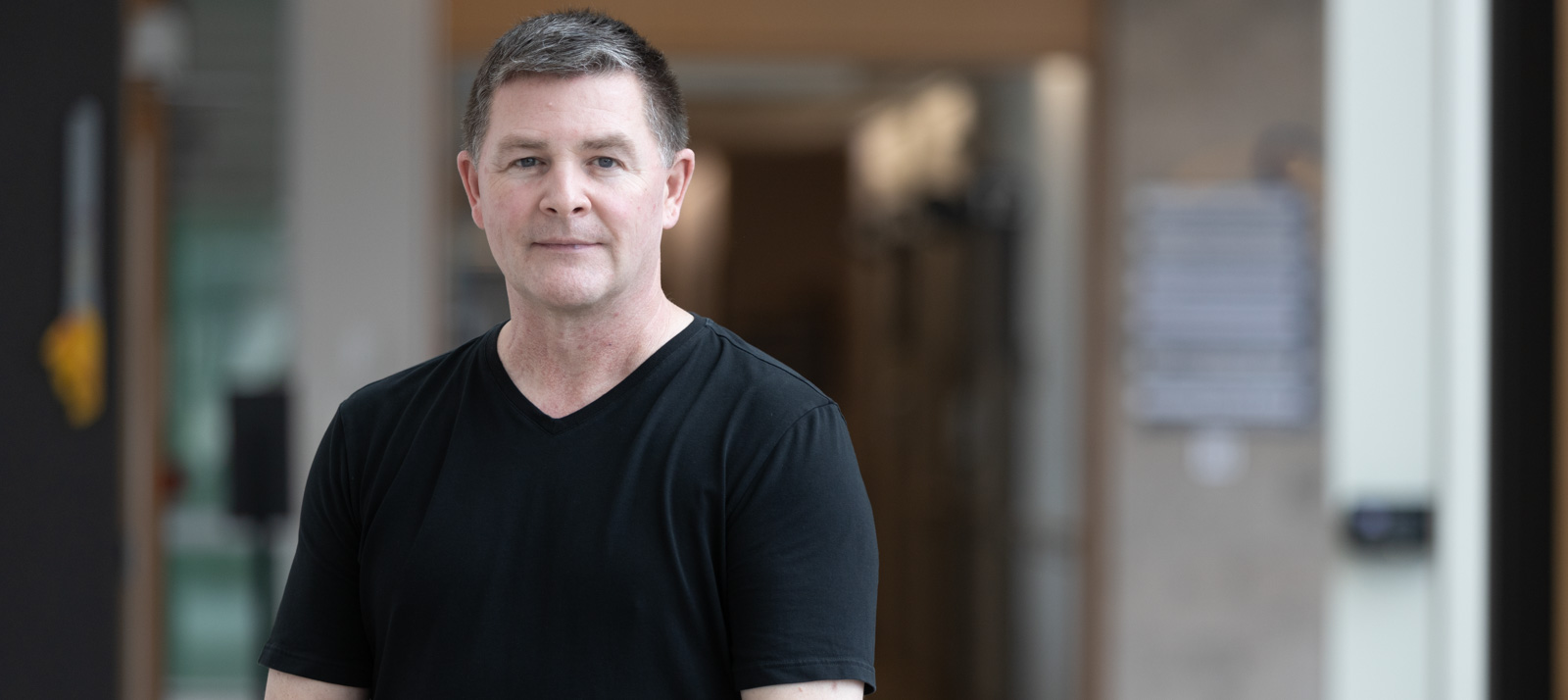
“I am 100 per cent confident in the decision I made. I would choose it again in a heartbeat,” says patient Daniel O’Driscoll.
Before making any serious decision, Daniel O’Driscoll has always needed to have all the information he can get his hands on.
“I’m the kind of person who needs to see everything and understand everything as completely as possible before I go through with something,” says Daniel.
When doctors found a lump on his kidney and told him it could be cancerous, the life-long critical thinker had to weigh his options and choose between several very different paths forward.
To help him choose a path of care that was right for him, The Ottawa Hospital’s Urology team provided Daniel with a booklet that he could take home and review at his own pace — a patient decision aid.
The Ottawa Hospital is proud to be home to the largest collection of decision aids in the world, covering everything from various cancers to depression to allergies.
What are patient decision aids?
Decision aids are resources, usually written materials and videos, that help patients understand their condition and the options available to them so that they can confidently make choices about their care and treatment that are right for them.
For example, a decision aid may outline various treatments and their associated benefits, risks and potential side effects, helping patients think about what outcomes are most important to them. Decision aids do not advise patients to choose one option over another, nor do they replace counseling from the patient’s care team. Instead, they help prepare patients to discuss options with their care team so they can make an informed choice.
For Daniel, he had to choose between watchful waiting, a biopsy to confirm if the lump was cancerous, or surgery to remove part of his kidney.
“And the one I chose was the surgery. I didn’t want to wait anymore,” recalls Daniel. “I am 100 per cent confident in the decision I made. I’d choose it again in a heartbeat.”
The decision aid and care team provided Daniel with all the information he needed to make one of the most important decisions of his life.
“The information in the booklet was presented very well and gave me a lot of different things to think about,” explains Daniel. “It made it easy to see what was gonna happen depending on which course of action I chose — which was really good for my mental state. In the end, I had no doubts about what I was going in for.”
Daniel’s decision aid was developed by Drs. Rodney Breau and Luke Lavallée, Urologic Oncologists and Scientists at The Ottawa Hospital, and Dr. Dawn Stacey, Senior Scientist at The Ottawa Hospital and Co-Director of the Patient Decision Aids Research Group.
Research confirms decision aids empower patients
Founded in 1995 by Dr. Annette O’Connor, The Ottawa Hospital’s Patient Decision Aids Research Group designs and tests decision aids and maintains the hospital’s inventory of these resources, which have been provided by health-care organizations from around the world — including the Mayo Clinic, NHS England and our own hospital.
Over the past decade, decision aids have risen in popularity among physicians and patients, and our hospital’s work in this field has made a significant impact internationally, including with the Affordable Care Act in the United States, which includes guidelines on use of decision aids throughout their health-care system.
“One of the priorities of the hospital is to better involve patients in making decisions about their care — and The Ottawa Hospital is leading the world in developing and evaluating these resources,” says Dr. Stacey. “And the evidence shows that they work.”
Dr. Stacey and her team led an international research study that found that decision aids help patients better understand their care options, be more involved in making decisions about their health, and choose an option that reflects what is most important to them.

Do you need help making a decision that is right for you?
Our world-leading inventory of patient decision aids is available online for you to explore.
If you can’t find a decision aid on a specific topic, the Ottawa Personal Decision Guide, available in 13 languages, can be used to help you think through a health or social decision.

Support patient care and research at
The Ottawa Hospital
You might also like…
Does this backboard look comfortable to you?
Imagine this: You’re flat on your back, strapped tight to a rigid backboard, unable to move at all. Fortunately, this is no longer the reality for most low-risk trauma patients when they’re brought to hospital in our province. Find out how researchers at The Ottawa Hospital teamed up with paramedics across Ontario to make the journey a lot more comfortable.
Watch: Everything you need to know about the common cold
Though researchers have yet to find a cure for the common cold, the advice in this video is not to be sniffed at. Infectious diseases expert Dr. Michaeline McGuinty shares treatments, prevention tips and more guidance to help you through cold season.
Caring for your newborn and yourself: A post-birth guide for parents
Have you just given birth? Are you expecting soon? In this series of videos, Registered Nurse Samantha Adams shares essential advice for those early days at home.
Watch: Demystifying insulin resistance
Insulin resistance is a metabolic disorder that occurs when the body’s cells become resistant to the effects of insulin. In this video, Dr. Cathy Sun, Endocrinologist at The Ottawa Hospital, breaks down the essential aspects of this condition, including four strategies to decrease your insulin resistance.
Understanding menopause: Four things you need to know
Menopause is one of the least understood, yet most prevalent, health conditions in Canada. From common signs of menopause to symptom management strategies, here are four things you should know.
Breast cancer screening at The Ottawa Hospital: What to expect from your mammogram appointment
Is it time for your regular mammogram? Meet the team at The Ottawa Hospital’s Hampton Park Plaza breast screening clinic. When you book your screening mammogram with us, you can expect compassionate service and an efficient appointment (most people are in and out in under 20 minutes!).


 To reset, hold the Ctrl key, then press 0.
To reset, hold the Ctrl key, then press 0.
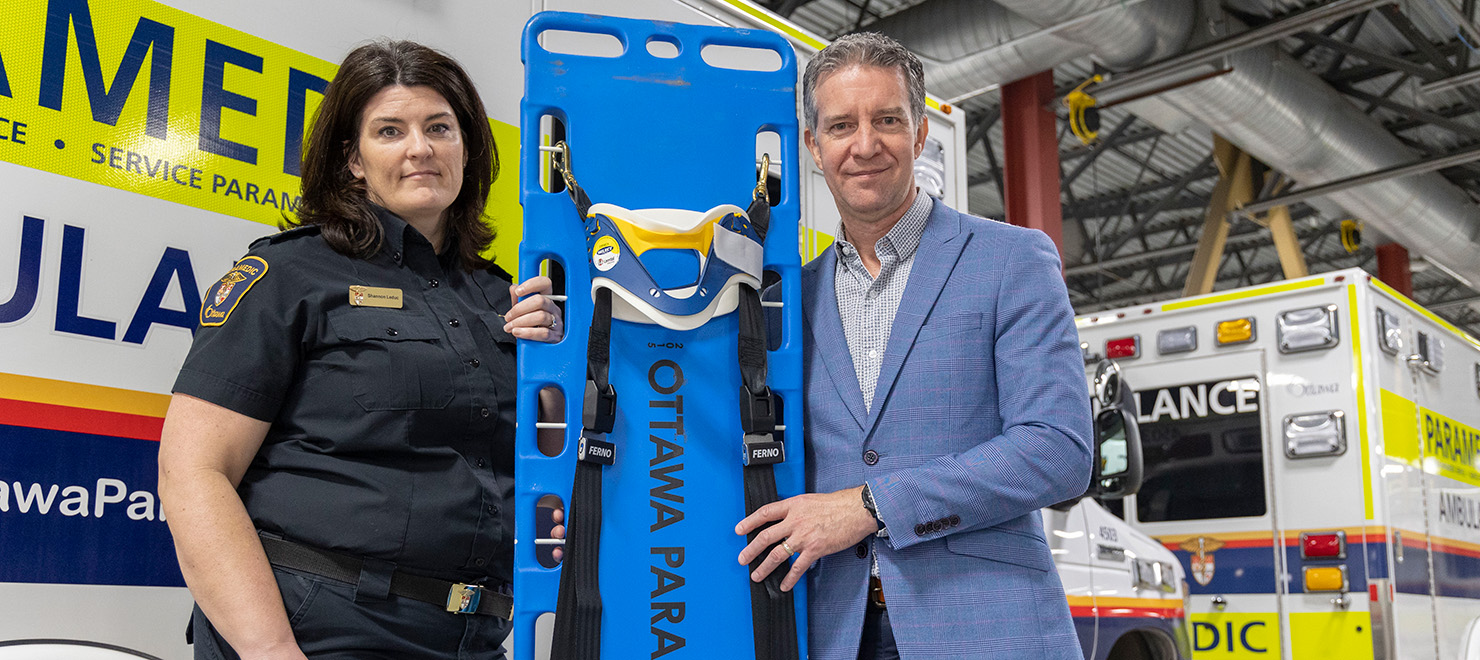
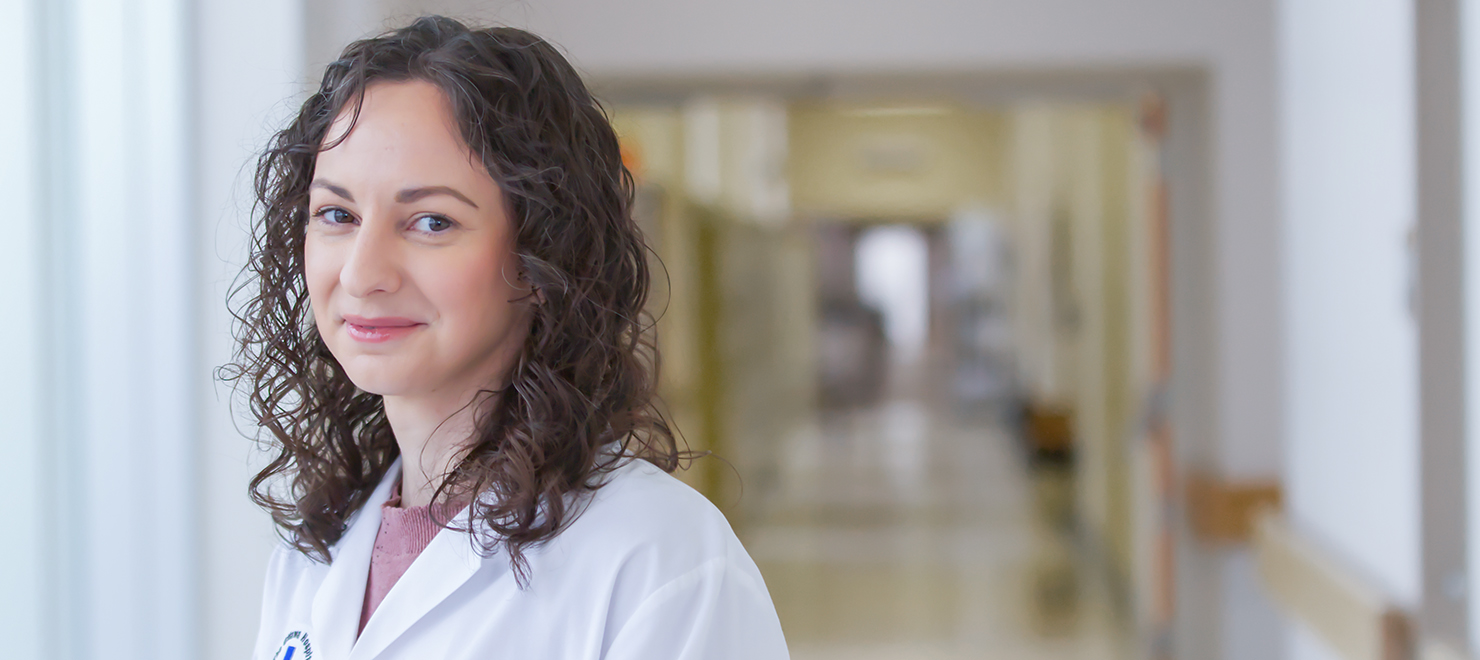
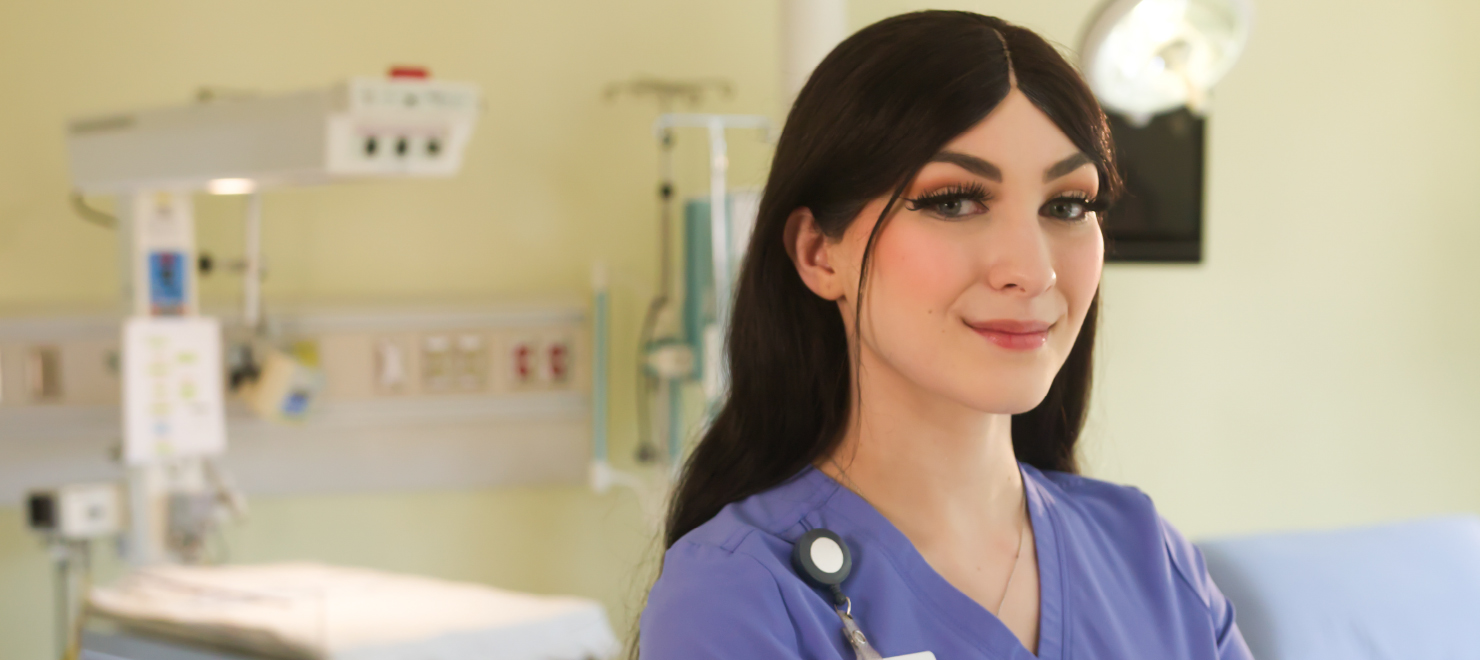


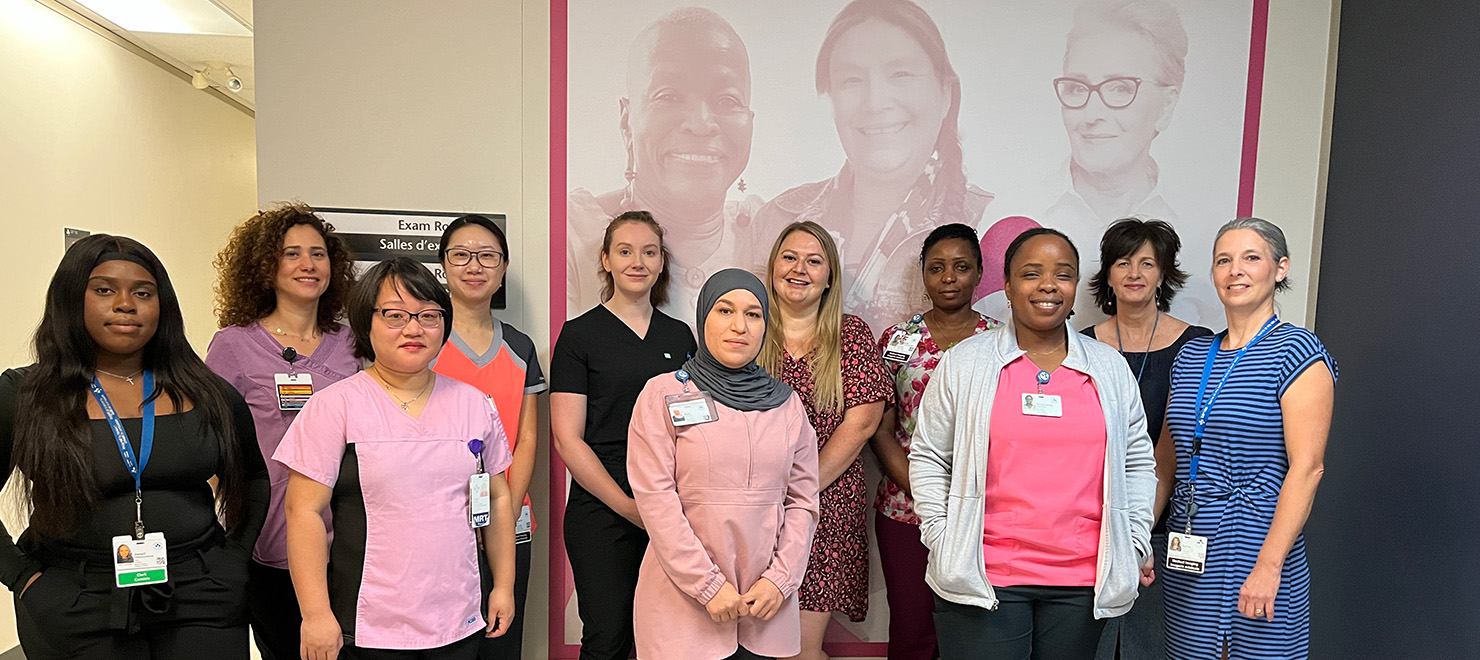
Comment on this post